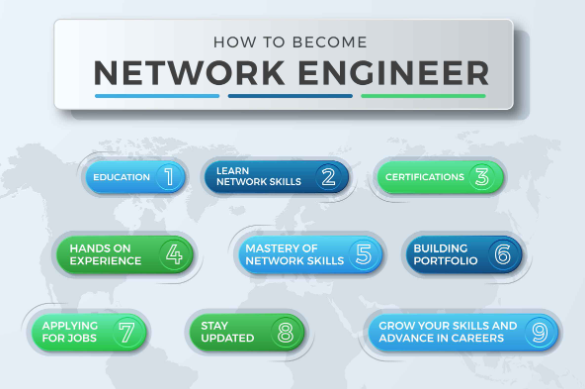The role of a Network Administrator is crucial in today’s technology-driven world. With increasing reliance on digital communication and data management, understanding the career path and skills needed for this profession can help aspiring individuals navigate their journey effectively.
Essential Skills for a Network Admin
A successful Network Administrator must master a variety of technical and interpersonal skills. Proficiency in network configuration and troubleshooting is fundamental, as is knowledge of network protocols like TCP/IP, DNS, and DHCP. Additionally, strong communication skills are vital for collaborating with team members and addressing user concerns. Continuous learning and adaptability are also essential, given the ever-evolving nature of technology.
Educational Requirements
A career as a Network Administrator typically starts with a relevant educational background. Most employers prefer candidates with a degree in Computer Science, Information Technology, or a related field. While a bachelor’s degree can be beneficial, many successful network admins have also pursued certifications like CompTIA Network+, Cisco Certified Network Associate (CCNA), or Microsoft Certified: Azure Administrator Associate, which validate their skills and expertise in the field. These certifications can significantly enhance job prospects and career advancement opportunities.
Career Advancement Opportunities
The career path for a Network Administrator can lead to various advanced positions within the IT sector. With experience, network admins can transition into roles such as Network Engineer, Systems Administrator, or IT Manager. Specialization in areas like cybersecurity or cloud computing can further broaden career opportunities and enhance earning potential. Continuous professional development through workshops and further certifications can pave the way for leadership roles and increased responsibilities in technology management.
In conclusion, the career path of a Network Administrator offers numerous opportunities for growth and specialization. By acquiring the necessary skills, education, and experience, individuals can build a rewarding career in a field that is vital to modern enterprises. Consider exploring this avenue further to unlock your potential in the ever-expanding world of technology.

